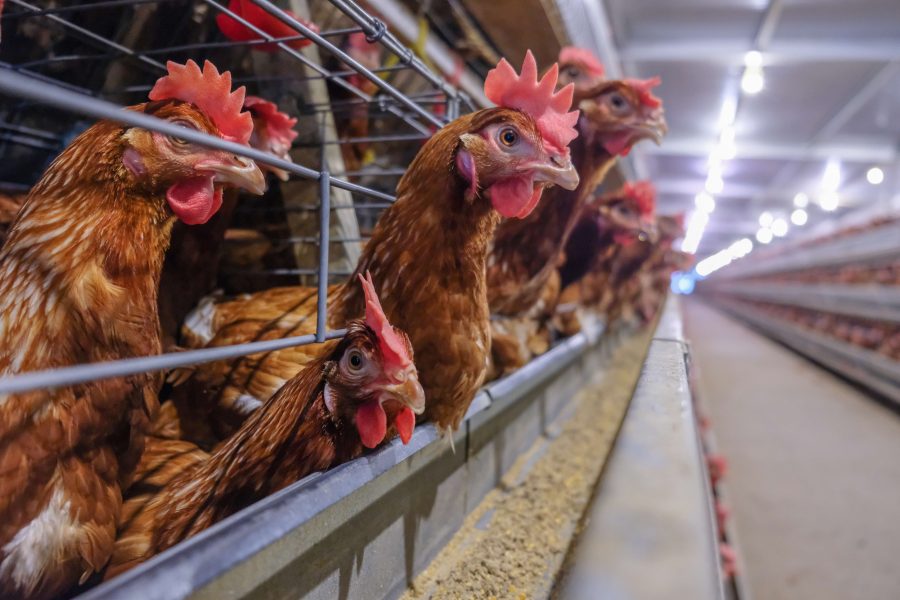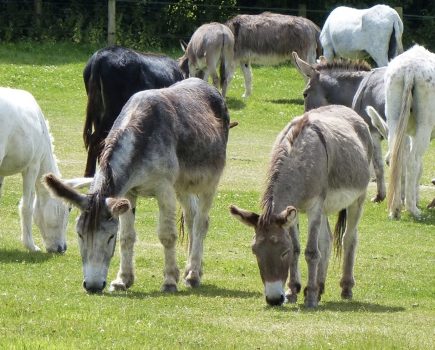The RSPCA is warning that the nation’s animal welfare standards could plunge, as 44 animal welfare laws carried over from the EU come under threat from proposed new UK Government legislation.
Around 80% of all major animal welfare laws in the UK were agreed when the UK was a member of the EU. Existing laws including the banning of battery hens, cosmetics testing on animals and the use of growth promoters in farm livestock are just some of the 44 animal welfare-related pieces of legislation brought over from the EU which are now in danger of being scrapped.
The threat comes from the Retained EU law (Revocation & Reform) Bill – REUL – which sets out a filtering process to ascertain if a retained EU law should be continued. Altogether, a total of 2,417 laws need to be assessed by the end of this year (2023). The concern is that many of them, including the 44 animal welfare laws, could automatically be lost as time runs out, as laws will be revoked by default at that stage unless Ministers actively move to save them.
RSPCA head of public affairs David Bowles said: “It’s crunch time for many key animal welfare laws that help make animals’ lives better. If the UK’s REUL Bill passes, hard-won laws that we take for granted now, such as the bans on battery hens, cosmetics testing on animals and growth promoters given to farm animals, could be lost.”
The threat to the 44 pieces of legislation comes despite a majority of people wanting the UK Government to protect animal welfare by law. According to the charity’s Animal Kindness Index, eight out of 10 people in the UK support animal welfare being protected by law, including 80% of those polled in England, 90% in Wales, 82% in Scotland and 78% in Northern Ireland.
David added: “We must not allow animal welfare standards to drop as a result of the UK Government’s determination to create a bonfire of EU laws.
“The UK Government should also clarify the filter process and confirm which animal welfare laws will be safe and which ones will be examined or deleted. The filtering process to ascertain if a retained EU law should be maintained is unclear but Defra, with responsibility for 570 laws – the largest number of EU retained laws in all of the Ministries and which contain the UK’s high animal welfare and environmental standards – arguably has the hardest task. Budgetary reductions now about to be imposed will make this task more difficult.”
Eighteen of the 44 pieces of legislation carried over from the EU which now require ‘filtering’ relate to farm animals – the largest body of legislation – but others protect our wild animals, animals in science and pets.
This article was taken from The Country Smallholder. For more articles like this, subscribe here.








